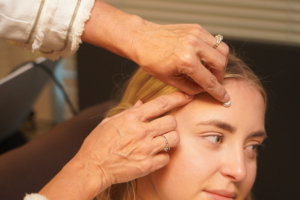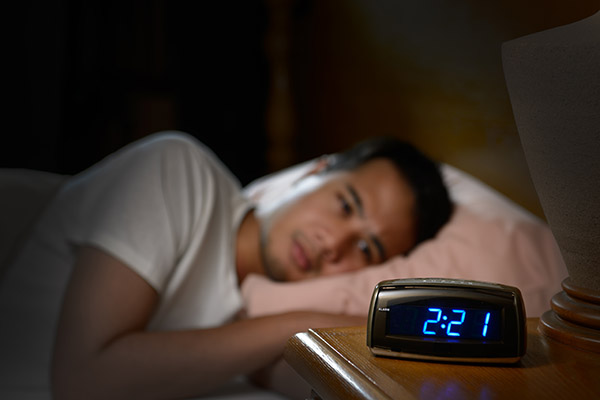Optimize and Enhance your Brain with
Neurofeedback Therapy in Orlando
Neurofeedback is a non-invasive treatment using the EEG and providing the patient with feedback in the form of a movie, game, or images. During the neurofeedback session, you observe your brain in action from moment to moment. Neurofeedback is conducted by attaching sensors/electrodes to your scalp, which then picks up the brain waves. The feedback shows you your brain activity and helps your brain to change it by rewarding shifts toward a more appropriate and stable brain state. It is completely painless and does not involve the application of voltage or current into the brain. Neurofeedback can be used to help with any brain dysfunction.
How does Neurofeedback work?
At the core of the Neurofeedback therapy is self-control training through which we teach your brain to manage brain waves to an optimal level. The process is painless and you are awake during the entire EEG process as brain waves are measured.
What can Neurofeedback do for me?
Through the harmonization of your brain waves, Neurofeedback therapy can correct abnormal brain waves—either when they are aggressively fast or unusually slow—by rewarding the patient for self-correcting your ability to focus and remain engaged.
How can I get Neurofeedback?
Neurofeedback therapy starts with an interest to make a change in your life that allows your brain to focus and optimize your brain waves for a healthier output. We are always ready to welcome new patients to guide them through the EEG Biofeedback process.
Discover the benefits of Neurofeedback
Neurofeedback or EEG Biofeedback is increasingly useful in helping everyday people train their brains to improve ailing conditions such as ADHD, autism, PTSD, chronic pain, insomnia, and many more. By improving the way you manage brain waves, it is possible to achieve peak performance at work, in your personal life, and in your daily activities.
Let Focus Neuro Rehab show you a better way to live with an optimized brain with Neurofeedback therapy.
Neurofeedback Benefits
Common Conditions Treated
Neurofeedback has been used successfully to treat a variety of conditions often diagnosed and treated with invasive or intensive therapies that do not address the source of the ailment. By regulating your brain waves, your brain can learn to manage these conditions at the source of your ailment.
Autism
Autism has become a far-too-common ailment for children for a variety of reasons and it limits their ability to grow into high-functioning adults. However, Neurofeedback offers hope in treating the brain waves to increase the cognitive abilities of children with varying degrees of autism.
Insomnia
Millions of people go to bed every night in hopes of enjoying a good night’s sleep—only to stare at their clocks, ceilings, and cell phones without being able to rest their minds and relax. Neurofeedback is an effective treatment for helping you get a well-rested night.
Depression
Depression chips away at our minds and eventually make our bodies crumble to a point from where it is difficult to recover. Neurofeedback is used to treat a range of depressive states and other mental health conditions to reduce or eliminate its effects.
Learn about the benefits










